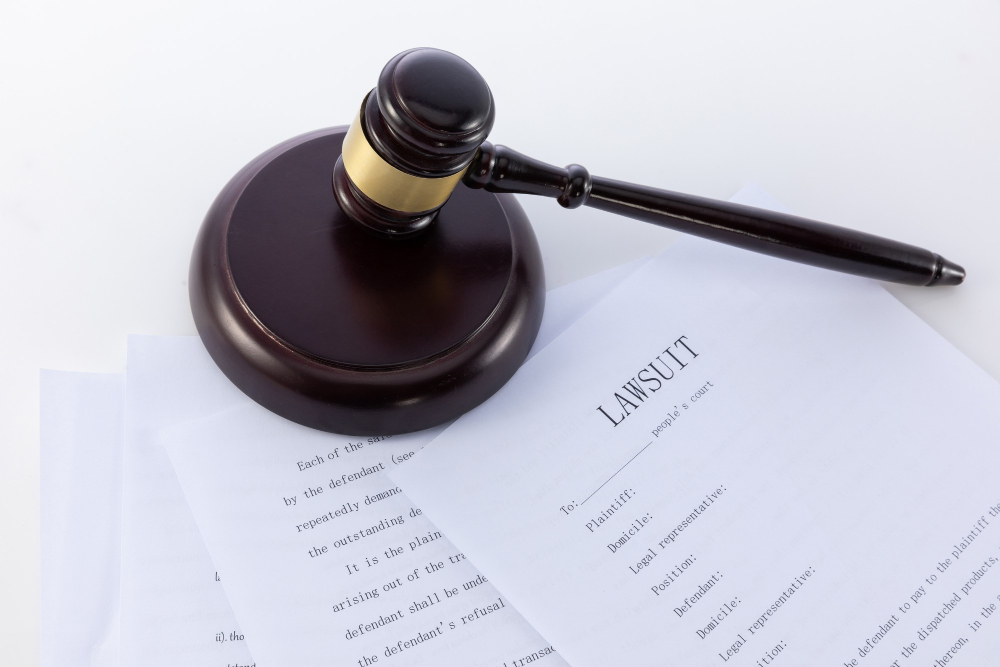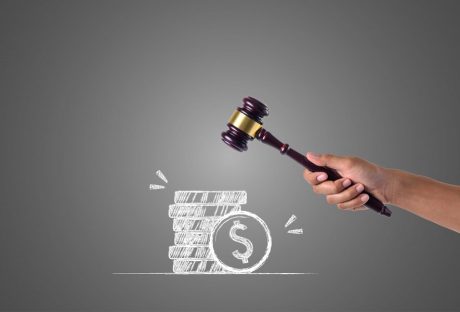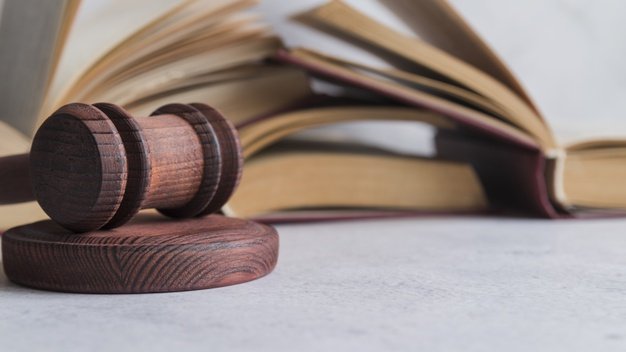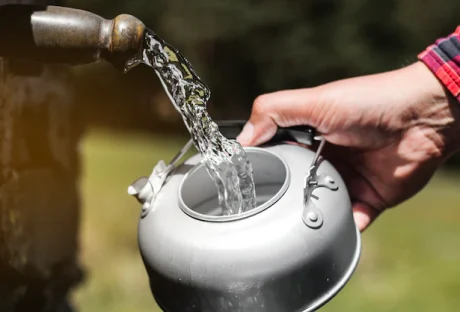Restaurant reviews can make or break your business.
A positive review of your restaurant can keep your cash counter busy and tables filled with loud and happy customers. But, a negative review does the complete opposite, leaving hardly any cash to collect and fewer tables to clean.
Food critics hold power, and restaurants know it. Some establishments accept criticism and learn from it. Others take a more aggressive approach that can backfire badly.
This is what happened to a well-known diner when they decided to fight back against a food critic. The results were not what they expected.
The Case of Il Giardino
A Vancouver-based Italian restaurant, Il Giardino, was a local favorite. It’s known for its classic pasta dishes and cozy atmosphere. But in 2011, the restaurant’s reputation was challenged. The trouble began when a respected food critic, Colin Thomas, wrote a review that painted the restaurant in a negative light. He described the food as bland, overpriced, and lacking the warmth it once had.
The owners of Il Giardino were furious. They felt that Thomas’ words were not just harsh but unfair and damaging. They believed his review crossed the line and hurt their business. So, they decided to take legal action and sue him for defamation.
The Lawsuit That Backfired

This lawsuit was something new and big news indeed. It’s not every day that you get to see a restaurant sue a critic.
Many people were curious about how it would turn out. The owners argued that the review was defamatory and claimed it had caused them to lose customers and money.
But fighting a food critic in court is tricky. Critics are protected under free speech laws. The court decided that Thomas’ review was an opinion, not a statement of fact. It didn’t meet the standard for defamation. The case was dismissed.
Instead of fixing their problem, Il Giardino made it worse. The lawsuit brought more attention to the bad review. News outlets covered the story, and people talked about it on social media. What might have been forgotten in a week was now in the spotlight for months. The restaurant’s online reputation suffered more than it did from the original review.
Why Suing Critics Is Risky
When a restaurant fights back, it backfires on them. And it’s not really a smart move to sue a food critic. Here’s why –
1. Freedom of Speech
Critics have the right to share their opinions. If a review is based on an experience and doesn’t include false claims, it is protected as free speech. Courts are careful about setting a precedent that could limit this freedom.
2. The Streisand Effect
Trying to silence a critic can lead to more attention. This is known as the Streisand Effect, named after Barbra Streisand, who tried to hide photos of her home but ended up drawing more attention to them. The same happened to Il Giardino. Their attempt to stop the review only made it more popular.
3. Public Backlash
People don’t like it when businesses try to suppress opinions. It can make a restaurant look like it can’t handle criticism or is trying to bully a writer. This can lead to backlash and damage a brand’s reputation.
Lessons Learned from the McDonald’s Case
Even major brands like McDonald’s have faced backlash for going after critics. In 1990, McDonald’s sued two environmental activists in the UK for distributing pamphlets that accused the company of poor practices. The case became known as the “McLibel” trial and lasted ten years.
The outcome? A PR disaster for McDonald’s. The activists couldn’t pay damages, but they won public support. McDonald’s spent millions on legal fees and looked like the villain. The company’s reputation took a hit, showing that even large corporations can face consequences when they overreact to criticism.
How to Handle Criticism as a Restaurant?
It’s not uncommon these days for a brand to get backlash from critics or customers. But how they handle it makes all the difference. Some of the tactics below work really well to handle criticism:
1. Respond Calmly and Professionally
A calm response can go a long way. Thank the critic for their feedback and mention any changes you plan to make. This shows that the restaurant values customer opinions and is willing to improve.
2. Focus on Positive Reviews
A bad review hurts, but it doesn’t define a restaurant. Focus on encouraging happy customers to leave positive reviews. A mix of reviews shows that a restaurant is real and popular. According to BrightLocal, 87% of consumers read online reviews for local businesses. A few negative reviews won’t hurt as much if there are plenty of positive ones.
3. Improve Feedback
Sometimes, criticism has truth in it. Look at what the critic pointed out and see if there are ways to improve. This can help turn a negative into a positive. It shows customers that the restaurant listens and evolves.
4. Invest in Online Reputation Management
If a bad review is causing ongoing issues, using an online reputation management service can help. These services can guide a restaurant on how to boost its online image and deal with negative press.
Recommendations for Restaurant Owners
Before your business has to handle something as harsh, it’s better to build some ground rules that keep your business away from such events.
Think Before Reacting
It’s natural to feel upset after reading a harsh review, but it’s important to think before acting. Responding to anger or taking legal action can lead to bigger problems.
Provide Exceptional Customer Service
The foundation for a good business reputation starts with a business capability of delivering class-A customer service.
So, start by training your team. Warm and attentive staff attract more customers and build a good impression about your restaurant among clients. With open communication, your staff will take the business extra mile and exceed customer expectations.
Communicate with Your Team
Make sure your team knows how to handle criticism. Training staff to respond professionally and with empathy can keep the restaurant’s image strong.
Don’t Compromise in the Food Quality
If the raw materials start to cost more, your customers may understand if the price goes high by a little. But, lowering food quality to adjust food prices can do damage to your restaurant in the long run. Always use fresh and high-quality ingredients to make food. Consistency in the quality of your food is the key to how you will succeed.
Stay Engaged with Customers
Interact with customers on review sites and social media. Show that you care about their experiences, good or bad. This connection can build loyalty and encourage repeat visits.
The Takeaway
Il Giardino’s attempt to sue a food critic for defamation is a reminder that fighting criticism can often make things worse. Publicly challenging a review can lead to more attention, public backlash, and damage to a business’s reputation.
Instead, restaurants should focus on learning from criticism and responding professionally. Encouraging positive feedback and engaging with customers can help maintain a strong image. And when extra help is needed, an online reputation management service can provide the right support.
In the end, handling criticism with grace and using it as a tool for improvement will benefit a restaurant far more than a court case ever could.
Read Also:






















